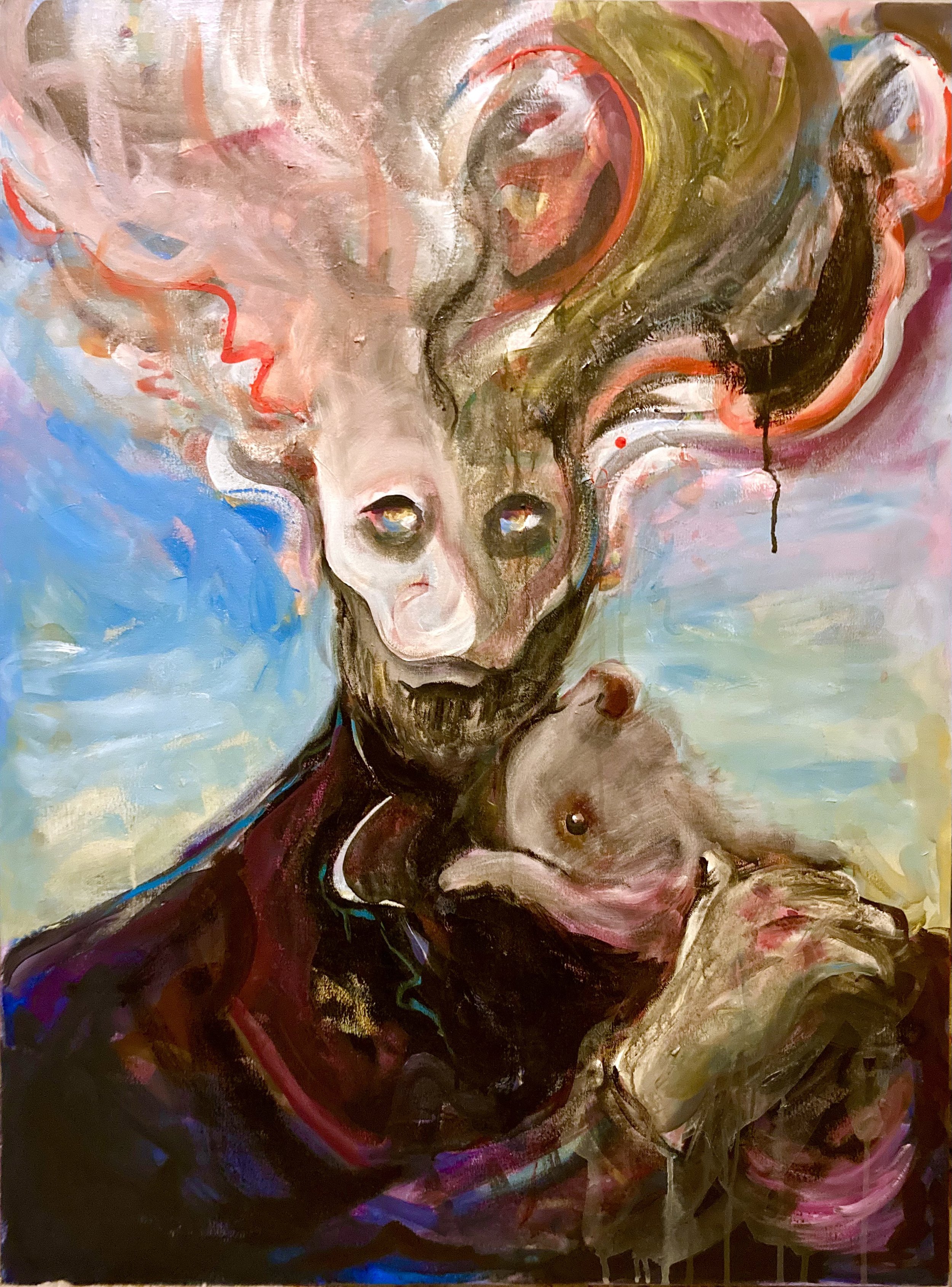Reflection
Sitting with myself after the dance of trauma, addictions, and grief this last year and a half, I, for the first time, began to see how the threads of trauma in the family connects to my own challenges, addictions, and trauma. With the new understanding of how the different categories of trauma are relative to each person, I began to see that my acute trauma splintered outward into many other aspects of my life, forming a complex web of issues in my development. Applying the grieving process to childhood trauma may be a key to integrating the depersonalization I’ve experienced and to regain agency to push back against the trauma.
The complex web of this trauma becomes connected to safety when I include those who I perceived to be with me before, during, and after the traumatic event. This begins to explain the deep loss of trust I had with friends and family who I didn’t recall ever talking with about the incident, but only talked about the fallout in school—my grades fell immediately and I stopped completing homework. I have completely clear memories of these events, of losing friends, and of feeling like I lost my safety net for the first time in my life. Without any verbal memory, the trauma became lodged, seemingly, in the back of my throat, where it remains to this day. Without an affective and energetic reaction to the traumatic event in therapy or otherwise, the energy cannot be discharged.
In the years following the traumatic event, I became obsessed with martial arts and practiced many styles throughout my life. Looking back, I believe this was an unconscious way to attempt to discharge the trauma, not to mention to feel like a safe and strong person. Stephen Porges’s “safety is the cure” for trauma, may have been unconsciously adapted me into this way of life. For many, especially men, this can also produce negative outcomes, like over-protectiveness, emotional walls of nigh-impenetrability, violent tendencies, etc., all in the name of self-preservation. Without a grieving process for trauma, I often feel no better than men who disengage and overcompensate for pain. For me, the practice of martial arts has attenuated the signs of trauma, but they are still present. Allowing myself to feel and to go through the grief process in some way for this old trauma, feels long overdue. In adulthood, I’ve developed severe panic attacks in connection to doing poorly in school. Connect that to the time immediately after being traumatized may be another piece to the puzzle, but no amount of talk therapy without discharge will clear that blockage.
Working with trauma and addiction takes working with the body. Working with traumatized men, especially, takes a different approach than talk therapy. Art, somatics, and group are all highly impressive to me as therapies, and I wish to continue to learn how to best utilize them in treating those whose bodies and minds have rebelled again their best efforts, and help them win that war within.
